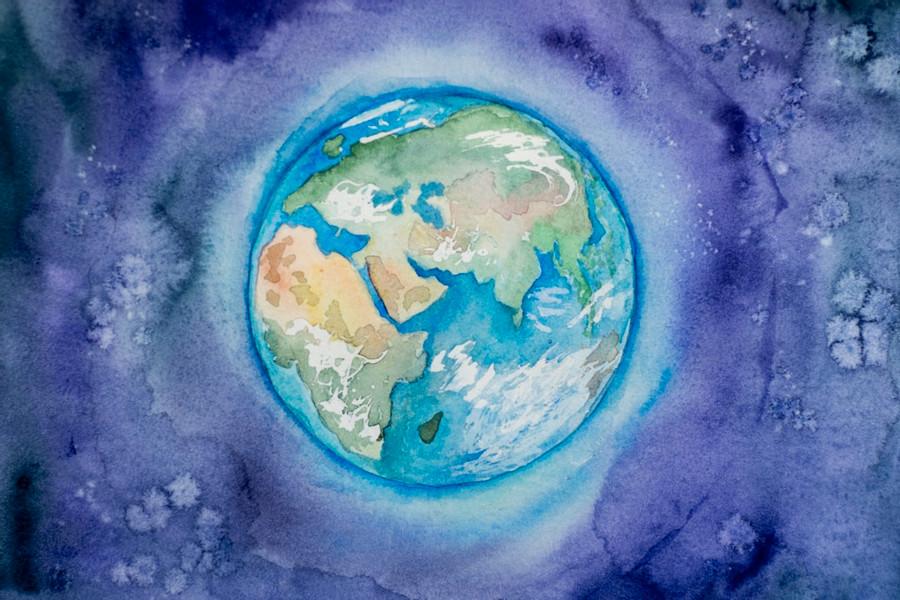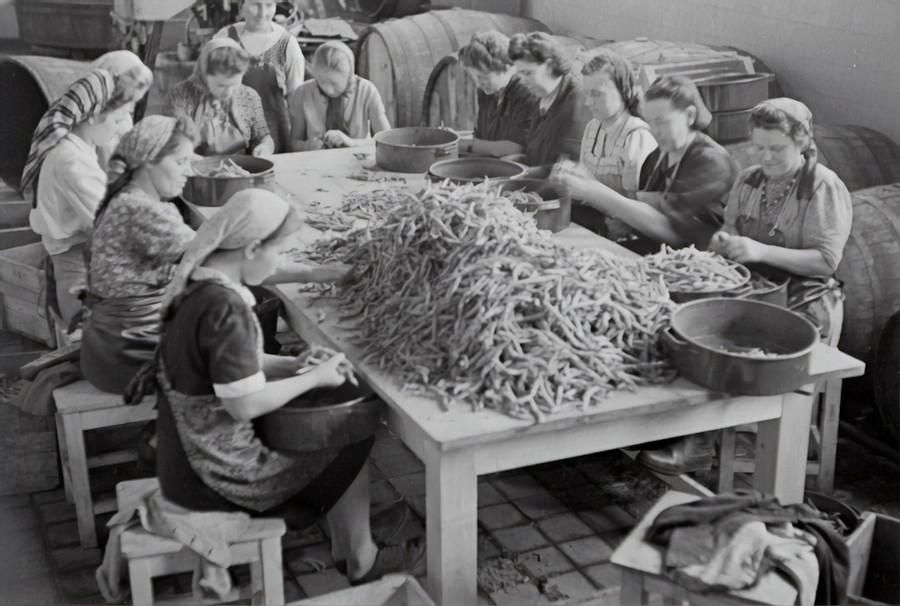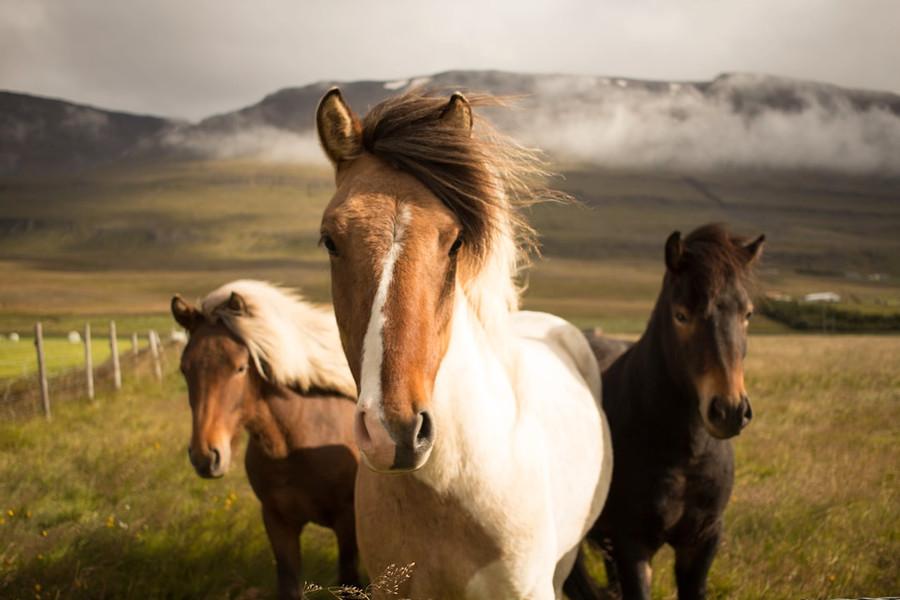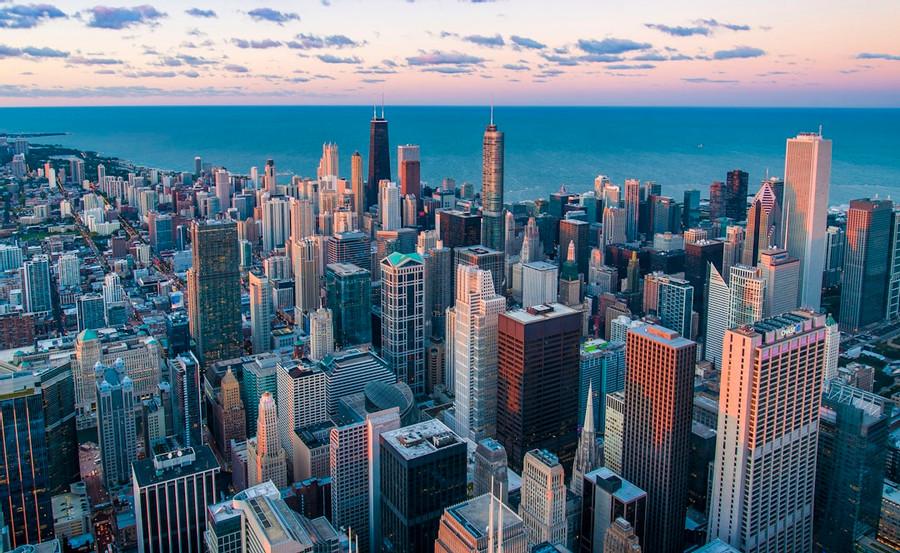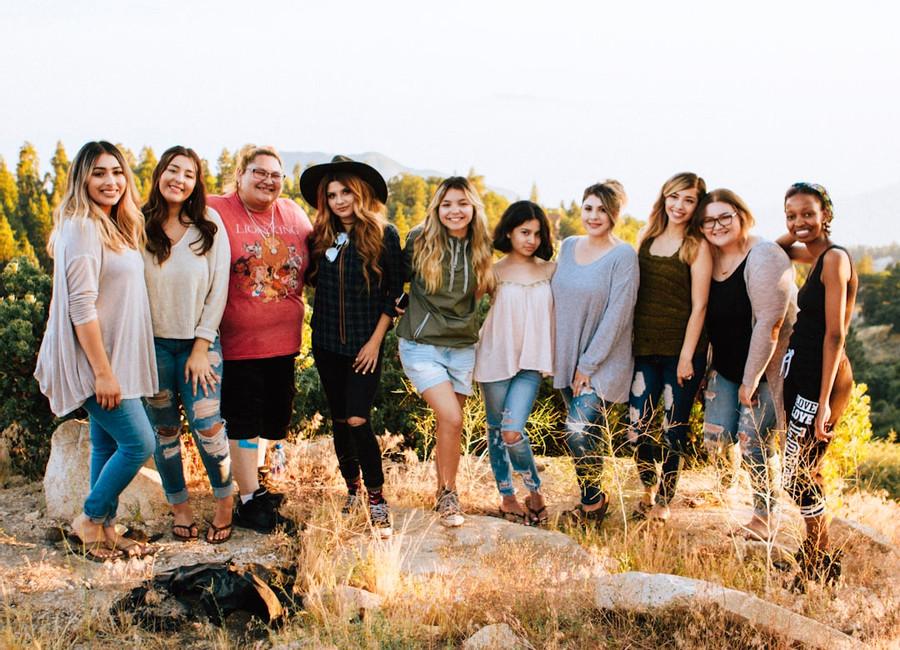Jasper Y.'s Key Ideas from The Rational Optimist
by Matt Ridley
Ideas, facts & insights covering these topics:
14 ideas
·15.8K reads
58
1
Explore the World's Best Ideas
Join today and uncover 100+ curated journeys from 50+ topics. Unlock access to our mobile app with extensive features.
The Rise of Collective Intelligence
Humans are the most advanced species on earth because of their ability to share knowledge and learn from each other. For example, someone has to drill for oil and make plastic before a computer mouse can be made. However, no one person could build a computer mouse from scratch. This shows that humans have more power as a group than any individual alone.
169
2.17K reads
It Started With Cooking
Our cultural evolution began with cooking. Cooked foods are higher in calories and require less chewing than raw foods. In less time, more nutritious food could be shared by more people due to cooking. It also led to the early specialization of labor: women gathered grains, while men hunted large animals. With this increase in nutrition and the surplus created by cooking, trade began in ancient times.
157
1.7K reads
How Far We Have Come
Over the past 10,000 years, life expectancy has increased and infant mortality has decreased. People are healthier now than they were in the past. They have more food options and can afford to buy everyday items that are much cheaper than they used to be.
Life has improved drastically over time—in 1800 England, life expectancy was only 40 years old! Today’s society is much safer than what it used to be a hundred years ago. Nowadays you can get almost anything you want at any time of day—foods that kings could only dream about are available on every street corner!
161
1.5K reads
A Rising Tide Lifts the Poor’s Boat, Too
Although the world has become a better place, it’s not necessarily making people happier. People in developing nations are doing better than those in developed ones were 50 years ago. However, they’re still not satisfied with their lives and want more things like electronics and cars. One reason for this is that although most Americans have all of these things already, they still want more because other people have even nicer stuff than them. Happiness comes from social justice and political freedom as well as prosperity.
160
1.37K reads
A Global Market
The miracles of globalization are clear to consumers. Consumers can purchase products from all around the world, and they have access to a wide variety of goods and services. This is possible because people specialize in doing one thing well, so that they can trade their goods with others who do other things well. Most workers only make one small item or provide one service, which allows them to buy many different kinds of items made by thousands of other people.
151
1.14K reads
Enjoying The Labour Of Others
People’s lives are easier now than ever before because they don’t need to spend every hour providing for themselves; instead, they rely on the labor of others thanks to transportation and logistics.
The division of labor began thousands of years ago after cooking with fire became commonplace; men hunted while women gathered food for the family.
151
1.1K reads
From Fighting To Bargaining
Human interactions among strangers were often violent long before trade-based societies emerged, and war over limited resources was relatively common. Things changed, however, as we lived in larger groups and traded with outsiders. Trust developed between us, which propelled humanity forward.
Developing trust is dependent on exchange, a uniquely human attribute. Through exchange, people began to realize that cooperating with strangers was in their own self-interest.
160
1.01K reads
Tackling Overpopulation
The threat of overpopulation was real, but technological advances over the past few centuries have put an end to it.
- First, internal combustion engines replaced draught animals that required extra land for grazing. There was an instant shift from grazing to farming.
- Secondly, the invention of fertilizer in the early 1900s increased soil productivity, enabling more food to be produced on a smaller area of land.
150
995 reads
The Start Of Modern Trade
Around 7,000 years ago, cities appeared along trade routes in Mesopotamia, where goods were exchanged from around the world. Wine, metals, olive oil, wheat and wool, as well as other goods they could not source locally, were traded through these routes.
The products made from these goods and the demand for them in the cities facilitated the first merchants and professional traders. Rather than living off the land, people were able to make an income through trade for the first time in history.
155
884 reads
Innovation And The City
Innovations have continued to be sparked by cities throughout history. As London developed more inventions than any other city in 1800, the world marveled. It is not that Londoners were smarter than everyone else, but rather that the city was drawing talent from around the world.
Inventors knew they could mix their ideas with the important ideas of others in London. Historically, cities have been centres of incubation and diffusion of ideas. Education increased as fresh ideas from around the world cross pollinated.
155
844 reads
Fossil Fuels
The discovery of fossil fuels such as coal led to the greatest improvement in energy efficiency. In the late 1900s, these fuels accounted for 85% of the world’s energy use. Suddenly, slavery and animal labor became unprofitable because fossil fuels were so efficient. Everyone’s income and standard of living rose as a result of the use of fossil fuels.
153
817 reads
Handling Climate Change Together
We can prevent climate change altogether. Even if environmentalists try to reduce carbon emissions by force, natural reductions are occurring nonetheless. Technologies are continuously improved to reduce carbon emissions.
As the ratio of carbon atoms to hydrogen atoms decreased dramatically as humans moved from wood to coal, oil, and gas for energy. By 1935, only 50% of all combustion used to make energy was based on carbon atoms. By 2070, most carbon atoms will have been removed from the energy system due to innovation.
151
785 reads
The Internet And The Cross Pollination Of Ideas
Untold numbers of strangers share photographs, advice, recipes, donations, and even medical records online, 24 hours a day. The simple act of sharing benefits others and contributes to a vast knowledge network in ways that cannot be underestimated.
The Internet has transformed the Internet into a global city in which almost everyone on the planet can freely share knowledge, despite the fact that we all live separate lives in different parts of the world.
Because the Internet specializes in one thing: exchange, a massive cultural revolution is underway.
156
753 reads
Sharing Of Ideas
By sharing ideas, they grow and thrive. Since the 1800s, we have increased living standards as a result of the accumulation of collective knowledge.
As more people gain an understanding of a bicycle, for instance, they will find new ways to use it and develop new technology based on it.
- Our ability to share ideas more efficiently raises the bar for all of humanity.
- Often, we do not realize how good our ideas are until they are shared.
157
772 reads
IDEAS CURATED BY
CURATOR'S NOTE
A positive look at how far we have come, and how much good we can do, together.
“
Jasper Y.'s ideas are part of this journey:
Learn more about technologyandthefuture with this collection
The historical significance of urban centers
The impact of cultural and technological advances
The role of urban centers in shaping society
Related collections
Discover Key Ideas from Books on Similar Topics
11 ideas
Factfulness
Hans Rosling
7 ideas
Generative Artificial Intelligence
Jerry Kaplan
21 ideas
A Force for Good
Daniel Goleman
Read & Learn
20x Faster
without
deepstash
with
deepstash
with
deepstash
Personalized microlearning
—
100+ Learning Journeys
—
Access to 200,000+ ideas
—
Access to the mobile app
—
Unlimited idea saving
—
—
Unlimited history
—
—
Unlimited listening to ideas
—
—
Downloading & offline access
—
—
Supercharge your mind with one idea per day
Enter your email and spend 1 minute every day to learn something new.
I agree to receive email updates
